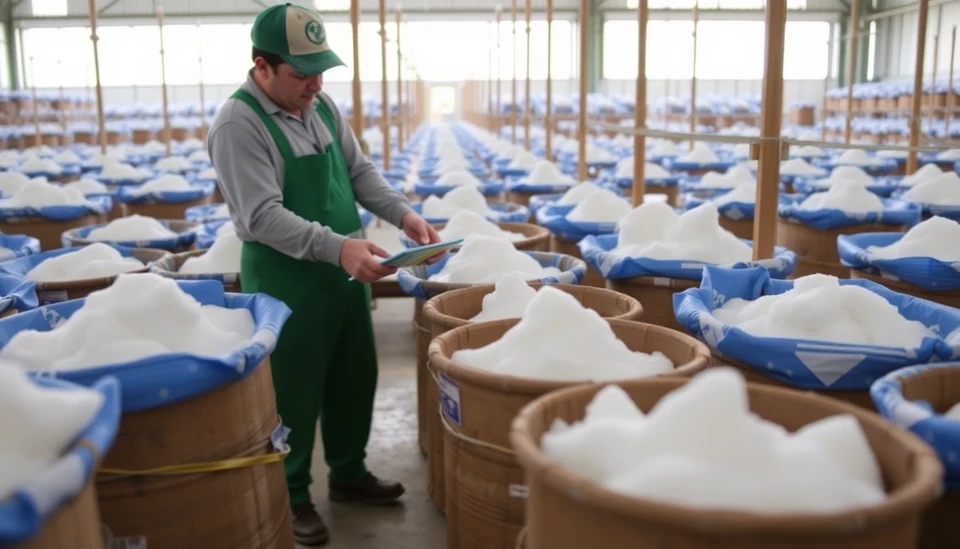
In a recent turn of events, sugar companies across Europe are grappling with a significant decline in profits, primarily attributed to an oversupply of sugar in the market. This situation has marked a substantial shift for an industry that was once thriving, forcing major producers to reevaluate their strategies and operations.
The European sugar market has been flooded with excess sugar, driven by various factors including a strong harvest season, increased production capabilities, and a shift in global demand dynamics. As a result, sugar prices have plummeted, leading many companies to report steep drops in revenues. Analysts have noted that this oversupply has caused a significant strain on the financial health of prominent sugar manufacturers, pushing them to reconsider future investments and production plans.
The European sugar sector has traditionally relied on a complex set of regulations and quotas designed to stabilize the market. However, recent changes in trade agreements and the lifting of certain production quotas have led to an unexpected surge in sugar production, which the market is currently unable to absorb. This overproduction has not only frustrated producers but has also contributed to the drastic decline in average selling prices.
Companies such as Suedzucker AG and associated firms are particularly feeling the pressure as they navigate these difficult market conditions. Reports indicate that Suedzucker, one of the largest sugar producers in Europe, has experienced a notable drop in its profit margins, prompting company leaders to explore alternative avenues, such as diversifying their product lines or enhancing operational efficiencies to weather the storm.
Moreover, the agricultural backdrop has also played a crucial role in this predicament. Favorable weather conditions throughout Europe have led to record sugar beet yields, further suffocating an already oversaturated market. As a response, some manufacturers may have to scale back production to align with current consumer demand and stabilize pricing moving forward. This will undoubtedly affect employment and local economies dependent on the sugar industry.
Industry experts suggest that unless specific measures are adopted to curb production or stimulate demand, the current oversupply situation may persist, leading to long-term implications for Europe's sugar companies. The outlook for the forthcoming seasons remains uncertain, raising questions about sustainability and profitability for these manufacturers.
The European sugar industry is now at a crossroads, facing significant challenges that require robust strategic planning and adaptability. Stakeholders are calling for urgent discussions among producers, policymakers, and industry regulators to address the oversupply and its repercussions on businesses and communities invested in sugar production.
As the situation unfolds, many within the industry are left wondering about the future of sugar in Europe. The need for a collaborative approach to mitigate the adverse effects of market fluctuations has never been more critical.
In conclusion, as Europe’s sugar companies confront these profit-tanking conditions, the broader implications of an oversupplied market may lead to reevaluation and restructuring strategies that could reshape the industry for years to come.
#SugarIndustry #Europe #MarketOversupply #ProfitCrisis #Agriculture #Economy #Suedzucker #Manufacturing #SugarBeets #TradeAgreements
Author: John Harris




